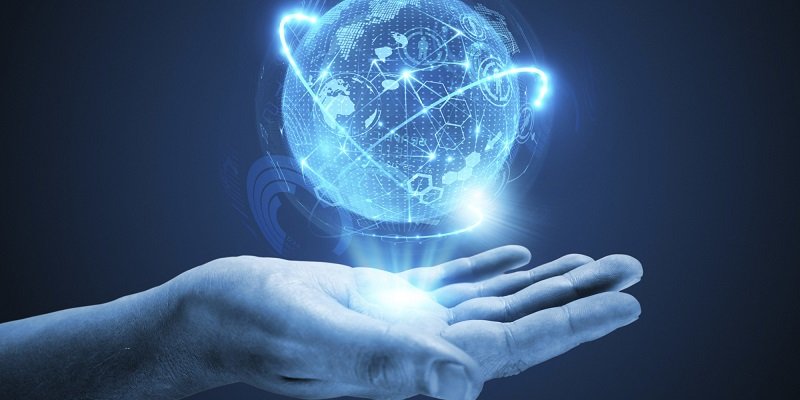The technology of the future is rapidly advancing, bringing with it a host of potential implications for our lives and society. From artificial intelligence to virtual reality, the possibilities are seemingly endless, and it is difficult to predict just how much these new technologies will change our lives.
In this blog post, we will explore what the technology of the future might look like, and what it might mean for us. We will also discuss the potential opportunities and challenges that the technology of the future could bring, and how we can prepare for them.
The Internet of Things
These devices are typically equipped with built-in sensors, software, and other components that enable them to collect and exchange data over the internet. This data can then be used to trigger actions or alerts, or be used to gain insights into how the device is being used.
For example, a smart thermostat could use temperature data collected from its built-in sensors to turn on the air conditioning when the temperature in the room rises above a certain level. The potential of the Internet of Things is immense, as it could revolutionize many industries and create countless new opportunities for businesses.
From industrial applications such as asset tracking and predictive maintenance to consumer products like connected home appliances, IoT promises to make our lives easier and more efficient.
Virtual Reality
VR technology has improved drastically over the years, giving users the ability to experience realistic visuals, sound, and movement. This means that users can interact with the virtual environment much like they would interact with the physical world. Popular uses of VR include gaming, training simulations, and 360-degree videos.
The most popular VR headsets today are the Oculus Rift, HTC Vive, and PlayStation VR. These headsets allow users to be completely immersed in the virtual environment, offering a truly interactive experience. The future of VR is extremely exciting, as the technology continues to improve and become more accessible to consumers.
We may soon see VR used for a variety of applications such as medical treatments, architecture visualizations, and more.
Artificial Intelligence
AI is already being used in many areas, from self-driving cars to medical diagnosis to financial trading. AI can also be used to create realistic images and videos, natural language processing, and machine translation. As AI technology continues to advance, its applications are expected to become more sophisticated and widely adopted.
AI is also becoming increasingly important in robotics, as robots become more autonomous and capable of performing complex tasks. AI allows robots to understand their environment and interact with humans in a natural way. The potential applications of AI are vast and the technology has the potential to revolutionize many industries.
However, there are also some ethical considerations that come with this technology, as AI can be used for good or for bad. We must be careful in how we develop and use AI, as it could potentially be used for malicious purposes such as creating weapons of mass destruction or manipulating public opinion.
5G
Ultimately, 5G will open up many possibilities that were never possible before. It has the potential to change our lives in ways we can’t yet imagine. From faster internet speeds to improved connectivity, 5G will shape the future of technology as we know it. We can expect shorter latency times, with network response times reaching just a few milliseconds.
This should enable data-intensive applications such as augmented reality and cloud gaming to be used seamlessly on mobile devices. Furthermore, with its increased bandwidth, 5G could provide an ideal platform for the Internet of Things (IoT). Smart homes could be connected easily through 5G networks and respond quickly with no latency issues.
This could lead to massive automation capabilities such as self-driving cars and automatic door unlocking. Additionally, 5G could also make telemedicine more accessible, bringing virtual medical services to remote areas with little access to healthcare professionals. As a result, more people could receive quality healthcare without needing to physically go to a hospital or clinic.
Finally, 5G networks could provide greater protection against cyberattacks due to their more secure data connections, which could keep sensitive personal information safer than ever before. All these advancements show just how revolutionary 5G technology could be in the near future.
Blockchain
At its core, blockchain works by creating and verifying records in a chain of blocks. Each block contains a cryptographic hash of the previous block and any new data, which is then added to the chain. This makes it nearly impossible for anyone to tamper with the data without being detected.
The implications of blockchain technology are far-reaching. With its ability to securely store large amounts of data, blockchain could be used to track medical records, store documents, or even power the internet of things (IoT). Additionally, smart contracts powered by blockchain can be used to automate business processes, such as payments and delivery tracking.
The possibilities for blockchain are endless, and it’s likely that this technology will become even more important in the future. With its secure, decentralized nature, blockchain could be used to revolutionize a variety of industries and make our lives more efficient.







